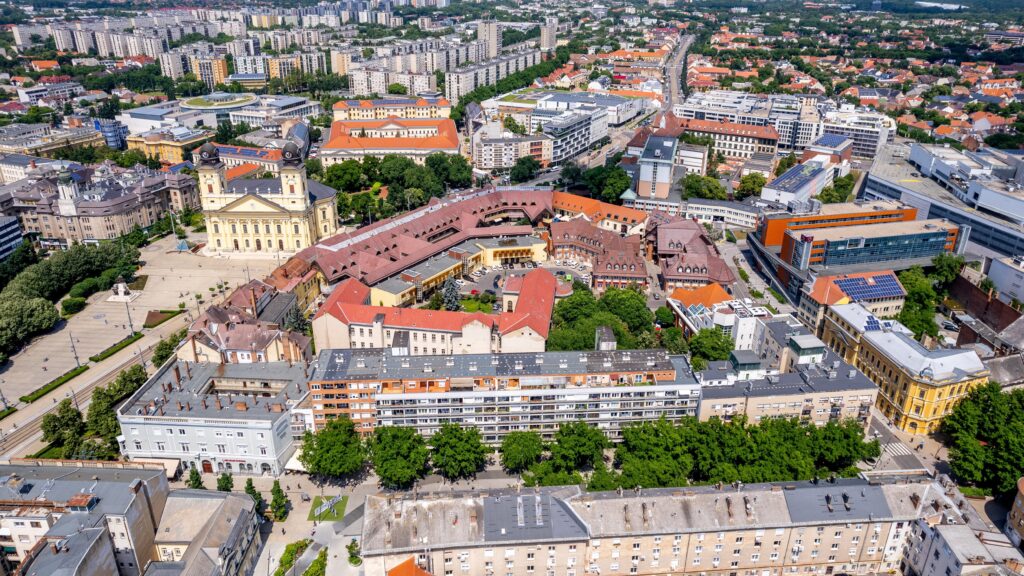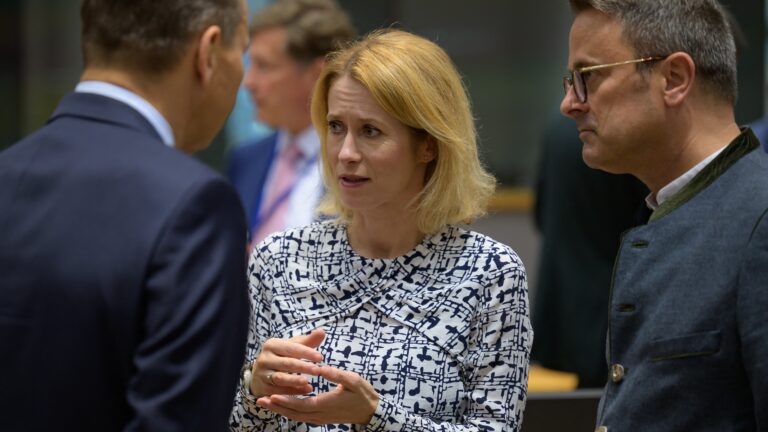In recent years, the Hungarian state has built one of the strongest family support systems in the world, which now includes more than thirty forms of family support. Family support measures in Hungary have a good reputation at international level, and the Hungarian model serves as a best practice for several countries. Many people are interested in Hungarian solutions, the elements of which have already been adopted in Poland, Latvia and Lithuania, for example, but have also found followers in the United States and the Far East.
One of the world’s most famous businessmen, Elon Musk, has also praised Hungarian family policy on several occasions, and even consulted with President of the Republic Katalin Novák about the demographic crisis affecting the Western world and its possible solutions. The owner of Tesla and SpaceX also joined the Hungarian president’s ‘HUmanity Tuesdays’ initiative, which was launched by Katalin Novák on X after their meeting in September last year. Every Tuesday for ten weeks, the President asked a question about family and demography, with the aim of drawing the attention of the world public to the problem. To the most popular question, which reached 42 million people, 62 per cent of the respondents said that those raising children cannot suffer an economic disadvantage. It also turned out that the vast majority of respondents (70.7 per cent) had plans to start a family, and 59 per cent would like to have three or more children. 87 per cent of respondents believe that family-friendly workplaces are needed, and 86 per cent agree that women should be supported in choosing to start a family and pursue a career at the same time, one of the ideas Katalin Novák cites most frequently. The majority (86 per cent) of respondents also agreed with the Hungarian Head of State that the
family is not the cause, but the solution to climate change.
This is also supported by a European study conducted in 2021 by the Mária Kopp Institute for Demography and Families (KINCS), a research institute performing its activities related to Hungarian family policy, which points out that large families live in a more environmentally conscious way and pay more attention to protecting the environment than others, precisely because thus they protect the future of their children.
The data provided by the President of the Republic is also confirmed by other KINCS research results. According to ‘Project Europe’, a joint study on families by KINCS and the Századvég Political School Foundation, the overwhelming majority of Europeans also consider family an important value, with 89 per cent of Europeans saying so. According to the results of the survey conducted in 2021,
Hungarians are one of the most family-centric nations in Europe,
with 99 per cent of the respondents having said that they consider the family important,
and there is a similarly high rate in the former socialist countries of Central and Eastern Europe, who had the opportunity to experience what it is like when they try to push the family into the background during the years of communism and socialism. The survey also found that Hungary has the highest proportion (40 per cent) of those who think that three children are ideal in a family, and similarly to Bulgarians and Slovaks, only one percent can imagine their lives without children.
There is also a great deal of consensus about supporting families. According to the results of the survey conducted within the framework of Project Europe, the four Visegrád countries (Czech Republic, Poland, Hungary, Slovakia) and other Central and Eastern European states are also committed to strengthening support for families. About 70 per cent of European citizens and 91 per cent of Hungarians agree that the government should focus on internal resources and family support instead of immigration. In fact, the Hungarian government always tries to help those affected in accordance with the given needs and in response to the given economic situation, paying special attention to home creation and financial security. The good news is that in 2024, almost four times more Hungarian forints will be allocated for family support than in 2010.
Hungarians also believe women should not have to choose between starting a family and pursuing a career.
According to KINCS surveys, a significant part of the population believes that a woman does not have to give up her career because of raising children,
as motherhood and career, albeit not easily, are compatible. At the same time, the vast majority of respondents also admit that having children affects returning to employment, which they believe can be solved by a change in employers’ attitudes. According to a 2022 KINCS survey, three-quarters of respondents believe that employers should provide more support to women returning from childcare leave in their career planning, and more than two-thirds believe that women’s needs should be taken into account to a greater extent. The respondents also consider government measures supporting work-life balance to be particularly important, especially in regard of the development of the nursery system, ensuring part-time employment, flexible working arrangements and remote working. Ensuring a family-friendly work environment is also an important aspect, as according to our surveys, the lack of such an environment significantly affects the reintegration of mothers into the labour market after years spent with childcare or caring after a sick child.
According to our surveys, the dual-earner family model prevails in Hungary today. 86 per cent of the respondents think it is good to have two earners in the family, while two-thirds of say that there have to be two earners. The survey found that women would return to work after the youngest child is two to three years old, so flexible employment would be the biggest help for them. Over the past few years, employers have come up with plenty of ideas for creating a family-friendly environment. These include working reduced hours, family events, workplace nurseries or even the design of family rooms. The good news is that 607 employers in Hungary have already earned the title of a family-friendly workplace, which recognizes family-friendly developments and measures already in place or being introduced. The fact that the reconciliation of work and private life has become easier in Hungary is indicated by the fact that the employment rate of mothers aged 25–49 has increased from 74 per cent to 85 per cent since 2010, while the fertility rate, which shows a desire to have children, has also increased by a quarter.








